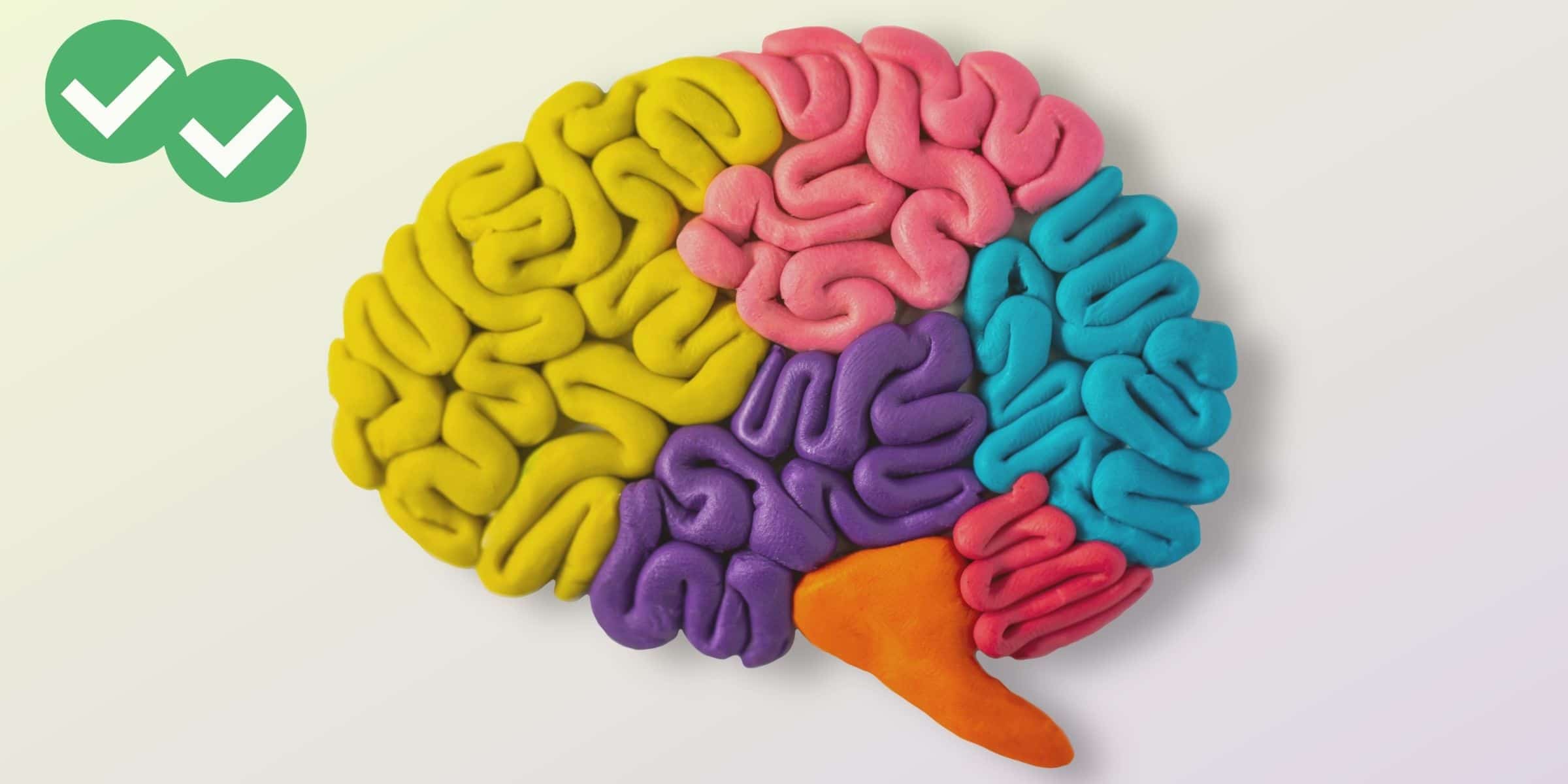It’s stressful to encounter unknown material on a test, but it’s pretty likely to happen. Fortunately, you can learn to work around the unknowns with these tactics, which can help you to simplify sentences and use context clues to reach the correct answer.
Replace unknown words with likely synonyms
If you encounter an unknown word, you may be able to understand the sentence anyway by covering the word up, reading the surrounding sentences, and guessing what word would fit in the blank. With practice (don’t forget to check yourself in a dictionary!), this can become one of the most valuable skills in your test-taking toolbox. In fact, on some vocabulary questions, ETS may not expect you to know the exact word they’re asking about from memory. In those cases, they’re testing your ability to use context to make an educated guess about the meaning of a word.
Study roots
I’ve written before about studying etymology, or the origins and roots of words. I love learning and teaching roots not because of the roots themselves, but because learning to recognize and interpret them in context hones skills for general critical reading. Learning to think creatively and infer meanings and etymologies can help you with unfamiliar words, even if they don’t contain any roots that you’ve studied.
A book such as Norman Lewis’s Word Power Made Easy can help you learn the most common roots in English words as well as their histories and grammatical functions. This book is a must-have for all of my advanced English students, since it’s the only one I’ve found that lives up to its promise to make the material seem easy.
What about crazy, complicated sentences?
We have a couple of tactics for dealing with unknown words, but let’s face it—covering up a whole sentence and guessing its meaning probably isn’t the best idea. Instead, when you’re grappling with a complicated sentence that doesn’t seem to make any sense, try to reduce the sentence to its most essential elements. How do you do this? Start by marking out all modifying phrases (don’t worry—we’ll come back to them in a minute). Then see if there are any words or phrases that can be simplified. Then, if possible, break the remaining sentence into two or three simple sentences. You may have to remove some conjunctions in order to do this.
Let’s try this out with an example from our GRE product, which has some extremely difficult sentences in the practice questions. I’ve changed the vocabulary a bit to be more TOEFL-friendly:
Yet another creation in line with the tedious melodramas that the director is so well known for, his latest effort is likely to have a similar effect: a tiny subset of the population will praise the deliberate pacing, while the majority will dismiss the film as boring nonsense.
1. Removing modifiers: His latest effort is likely to have a similar effect: a subset of the population will praise the pacing, while the majority will dismiss the film.
2. Simplifying words: The director’s new film probably will have a similar effect: some people will enjoy the pacing, but most people will dislike the film.
3. Breaking the sentence up, looking at subjects and verbs: The director’s new film probably will have a similar effect. Some people will enjoy the pacing of the movie. But most people will dislike the film.
Now we can look back at our original sentence and consider the information we had removed:
Yet another creation in line with the tedious melodramas that the director is so well known for, his latest effort is likely to have a similar effect: a tiny subset of the population will praise the deliberate pacing, while the majority will dismiss the film as boring nonsense.
Is there anything there that gives us more information? Yes, there is: the first part tells us that the director usually makes boring movies. Let’s put that back in our simplified sentence.
4. Put back the extra information: The director is well known for boring movies. His new film probably will have a similar effect. Some people will enjoy the pacing of the movie. But most people will dislike the film.
You won’t always be able to make such a neat simplification, but following these basic steps can help to locate the main parts of a sentence.
For help learning TOEFL vocabulary, download and print our list of the top 200 TOEFL vocab words, and study with Magoosh’s free TOEFL vocab flashcards.






Leave a Reply